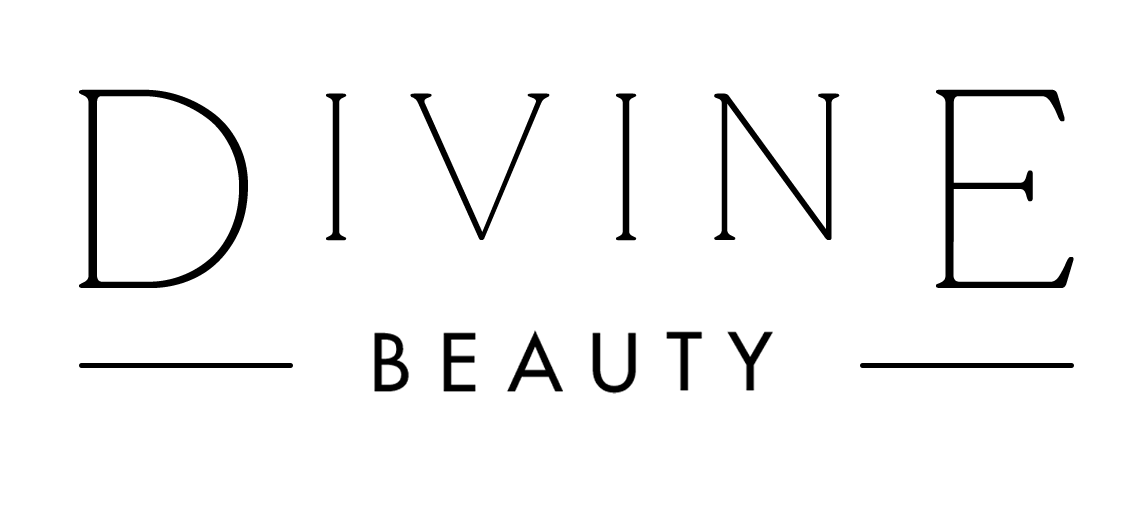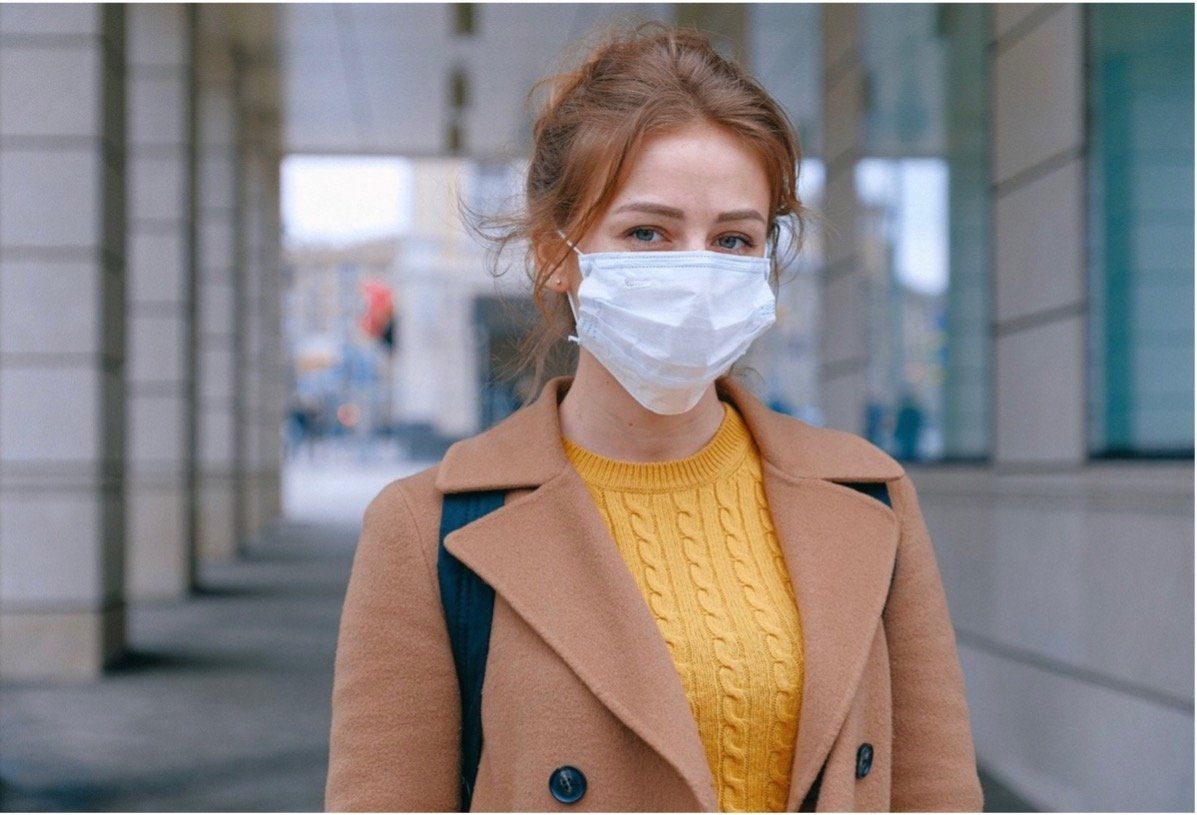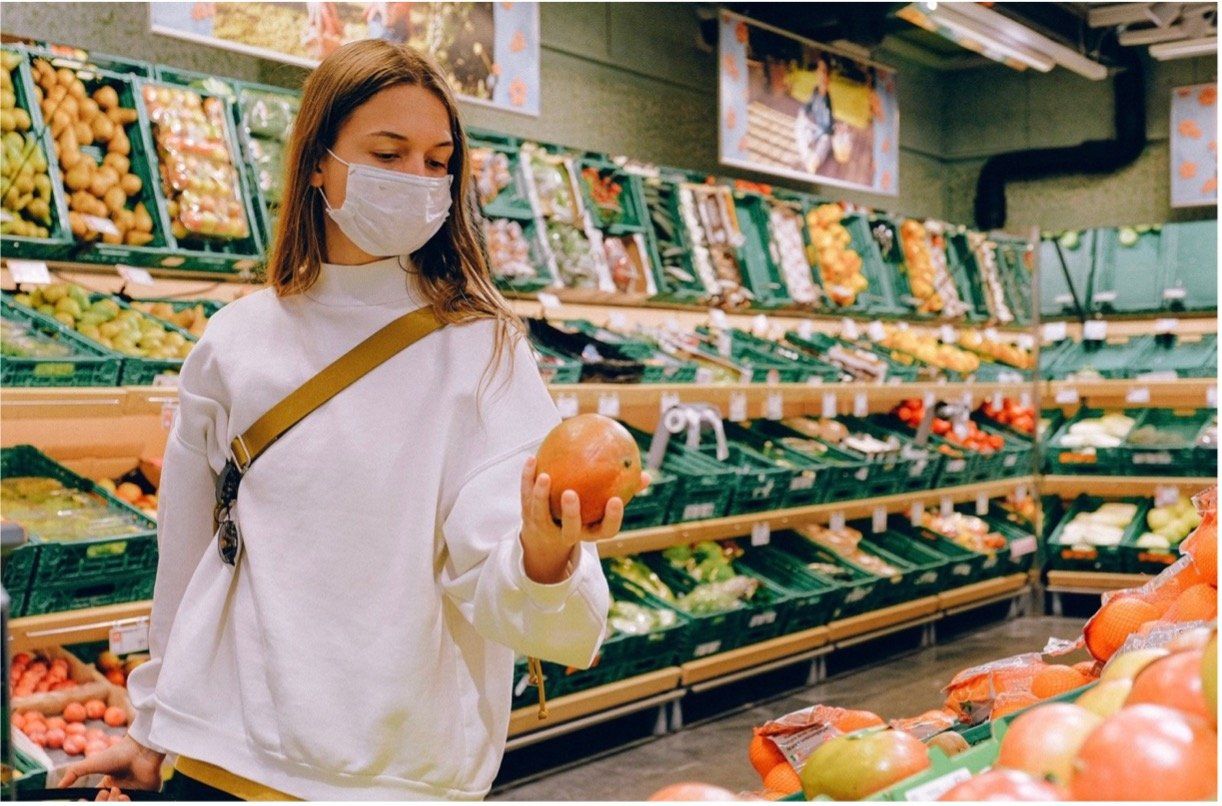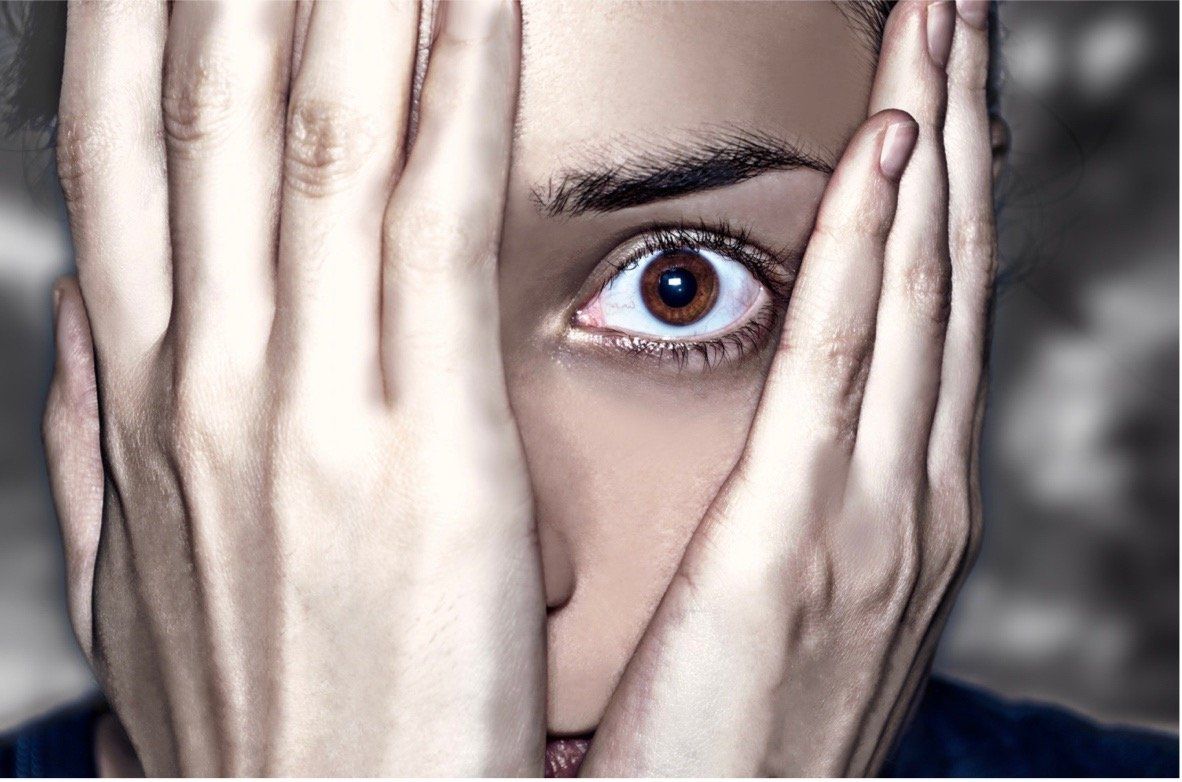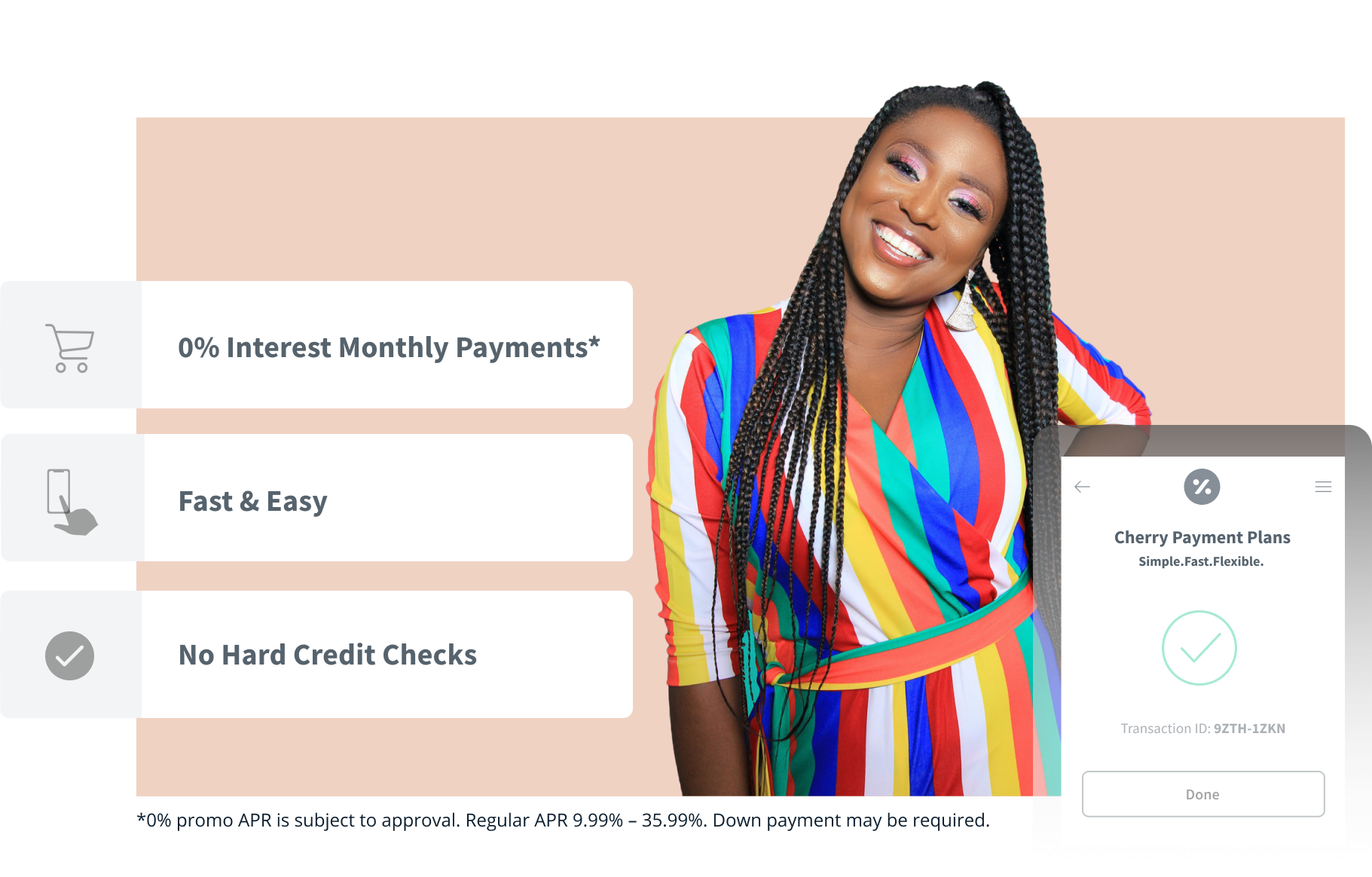Masking Up: The Good, the Bad, and the Ugly
The Ugly (Let's get it out of the way, shall we?)
Wearing a face-covering has been fodder for heated debate since the onset of the pandemic. What started out as a way to keep our potentially contagious droplets to ourselves quickly became code for one's political affiliation or symbolic of your care and concern for the greater good. But as the "new normal" goes on to become anything but new, there‘s a lot happening behind each of our masks that's rarely addressed.
I know it’s difficult to separate the idea of masks from the divisive debates they’ve sparked in our country, but if you can, set aside any feelings the issue might bring up for you for a moment. Let’s explore how this small piece of cloth affected us as individuals, far and away from the hostility and judgment it's provoked.
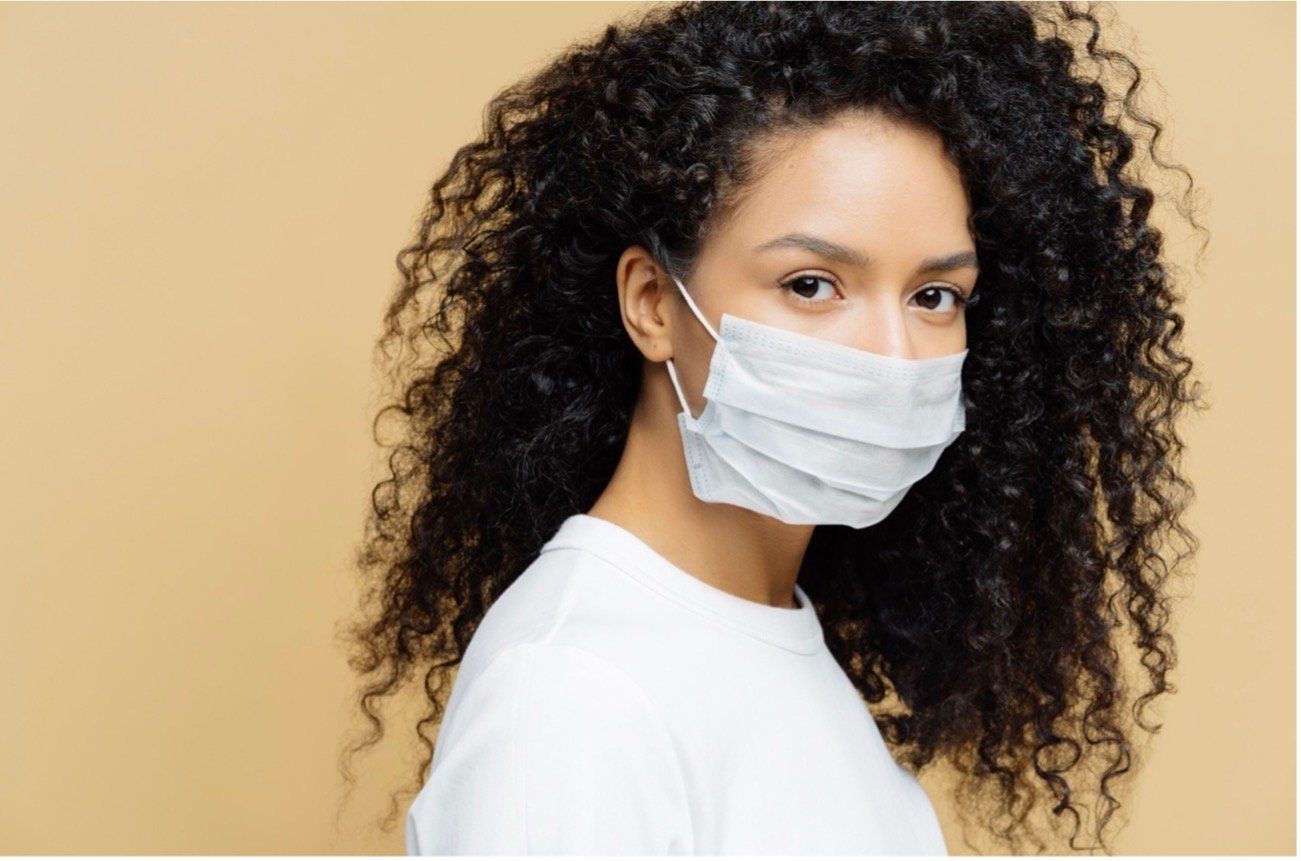
The Good
I can't be the only woman who enjoys the free feeling of running into the grocery store sans makeup; knowing my mask makes me more difficult to recognize (along with any flaw my makeup would usually conceal). And as an aesthetic provider, wearing a mask lessens any coffee breath concerns I’d usually have while invading patients' personal space the way I must. I now find myself wondering if gum and mint sales suffered thanks to widespread mask use…
These may seem like petty reasons to favor masks, but we all feel a certain pressure to present our best selves to the world. And people who struggle with social anxiety have a heightened awareness of their perceived flaws. For them, masks serve as a kind of security blanket, concealing much of their face and lessening their anxiety in social settings.
Masking up can seriously impede one's ability to decipher or convey facial expressions, but it's not always a bad thing. Retail workers, for example, have enjoyed the ability to grimace without detection when a rude or disgruntled customer directs frustrations their way. Or on the flip side, there are plenty of situations where you experience pressure to smile or appear friendly when you're just not feeling it. Wearing a mask makes it much easier to fake it, and let's face it, sometimes we kind of have to.
Most women are familiar with the "male gaze," but you don't have to be female to experience unwelcome sexual attention. Whether real or perceived, once experienced, you're always subconsciously on guard. Throw on a mask, and you've got a veritable invisibility cloak. It not only signals "don't look at me" but provides the wearer a heightened sense of privacy. I know I certainly experienced the power of this shield from unwanted attention.
And then there's the constant self-scrutiny many of us are subjected to, thanks to countless Zoom meetings. Perhaps worthy of a separate post altogether, our newfound reliance on video conferencing means hours on end of staring at probably the least flattering reflection of ourselves possible. Following a workday that affords hours on end to analyze every last centimeter of one's face, is it any surprise we'd be more than happy to cover it up before venturing out of the house? (Note: You really don't look like that person you see on Zoom. Promise.)
The Bad
While masks offer several benefits (blocking nasty Covid droplets aside), there's no denying they've made it harder for us to communicate and socialize. Facial expressions are powerful and convey so much without saying a word; plus, they're a language that's shared across cultures. No matter where you go in the world, the people you meet will know if you're joyful or fearful simply by the look on your face.
The mouth is considered one of the most critical areas for deciphering emotion, and subtle expressions go unnoticed underneath a mask (just ask the aforementioned retail worker). It's also been said that you must see someone's face to fully trust them.
Masks have made life especially difficult for the hearing impaired, who rely heavily on lip-reading to get through the day. We tend to forget that sign language only works when everyone can sign.
Small talk is often out the window: It takes much more effort to be heard through your mask by that stranger in the produce aisle. (Of course, if you despise small talk, this one goes up in the "good" section, haha.)
While masks can offer a sense of security for those with social anxiety, some feel more anxious in their face-covering. The words "mask anxiety" were actually trending on Google shortly after masking became the norm. Some experience claustrophobia or have a real fear they can't get enough oxygen through their mask, while survivors of specific types of trauma find the sight of face masks triggering. Seeing people with face-coverings reminds us of the tragic consequences and uncertain future the pandemic has wrought. But for those victimized at the hands of someone wearing a mask, it's a sight that can stir debilitating memories and emotions.
Psychologists say there will likely be people struggling with social anxiety for the first time when we finally hang up the masks. Grumbling through them only as needed, working from home, and just generally avoiding one another makes for rusty social skills, and the sweet anonymity that piece of cloth provides will be hard for some to give up.
Given all the reasons someone may choose to mask up (Covid prevention notwithstanding) or insist that they just can't, I'd like to see us start to give one another just a bit more grace. Remember that the next person you see--mask or no mask--is every bit the human being you are with all the complex and layered emotions and experiences to go with it. Their political leanings or lack of care for their fellow man could have nothing to do with their choice. I don't suggest you try to get up in their germs, LOL, but try to remember that we're all just doing the very best we can through unprecedented times.
